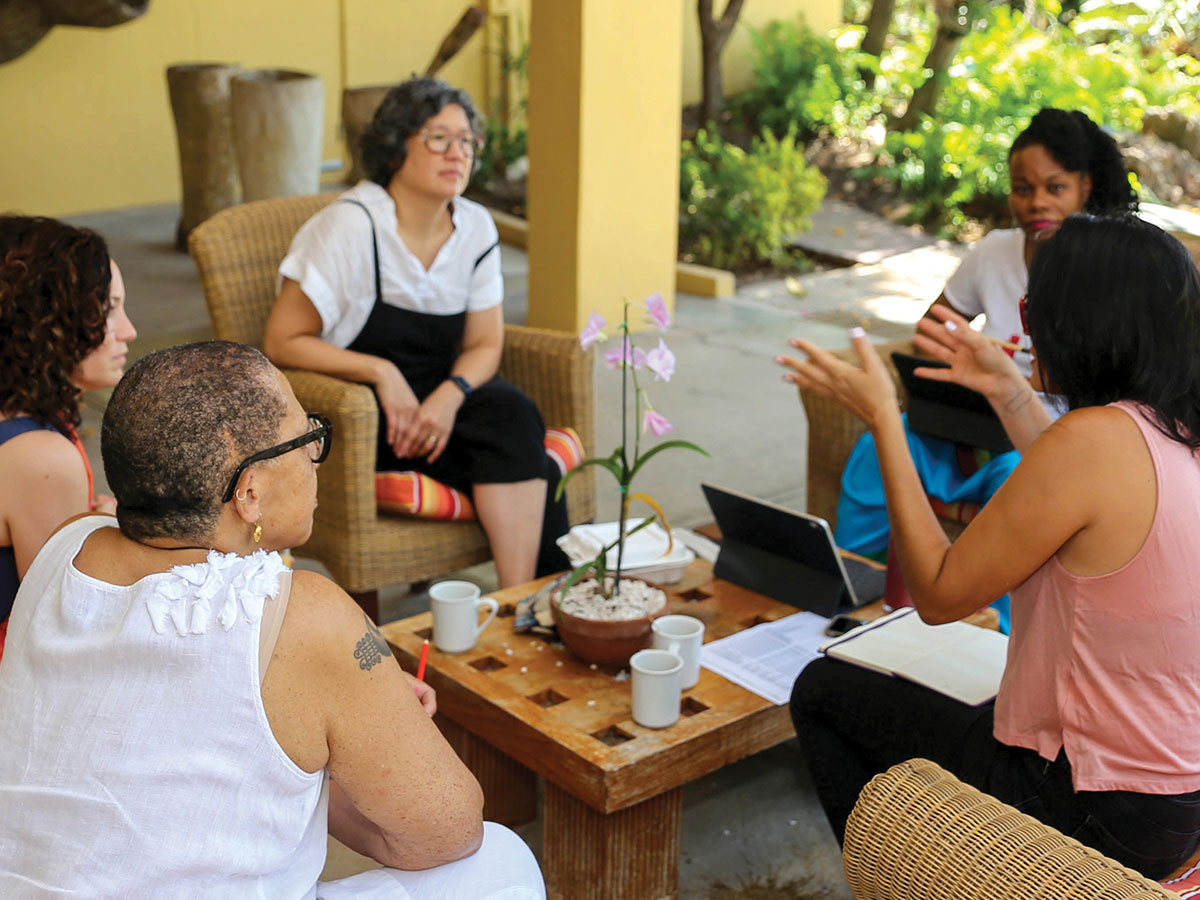COVID-19 Grantmaking Survey: How are practices evolving – and what will stick?

We recently completed a flash survey of PEAK Grantmaking members to understand how grants management practices are evolving during this time of crisis. It is heartening to see that practice recommendations aligned with the five Principles for Peak Grantmaking (as well as calls to join the Council on Foundation’s pledge) are being embraced by more and more grantmakers.
Will these practices stick? It is our hope that grantmakers are using this moment to not only assess how they do business in crisis, but to also consider how they might incorporate some of these changes long term.
Based on 165 responses from grantmakers across the spectrum, here’s a breakdown of the changes they are making now, and those they anticipate continuing.
In the last several weeks, have you implemented any of these practices?
Tie Practices to Values
- Altered our typical process for grant decision-making (62%)
- Contributed to a regional or national rapid response fund (48%)
Narrow the Power Gap
- Reduced application requirements or implemented more flexible requirements for rapid response funds (67%)
- Converted existing project grants to operating grants (57%)
- Provided extra operating support to existing grantees to help them weather the crisis (43%)
- Shifted dollars into advocacy work to promote long-term system change to better address the next crisis (9%)
Drive Equity
- Included equity as a primary driver for grant decision-making (18%)
- Tracked the demographic data for the leaders of organizations receiving emergency response funds (10%)
- Tracked the demographic data for the beneficiaries of organizations receiving emergency response funds (9%)
Learn, Share, Evolve
- Eliminated or reduced reporting requirements (64%)
- Surveyed your grantees or community to help anticipate emergent needs (46%)
- Engaged in thought leadership by writing or sharing information about your changed processes (30%)
Steward Responsively
- Had open and transparent conversations with grantees about the risks they are facing that will impact program delivery and overall sustainability (77%)
- Opened our own rapid response fund (44%)
Do you anticipate continuing any of these practices?
Tie Practices to Values
- Keeping changes to your decision-making processes (26%)
Narrow the Power Gap
- Offering general operating support instead of project support (53%)
- Reducing application requirements or implementing more flexible requirements for rapid funds (47%)
- Shifting dollars into advocacy work to promote long-term system change to better address the next crisis (13%)
Drive Equity
- Including equity as a primary driver for decision-making (29%)
- Tracking the demographic data for the beneficiaries of organizations receiving emergency response funds (16%)
- Tracking the demographic data for the leaders of organizations receiving emergency response funds (14%)
Learn, Share, Evolve
- Eliminating or reducing reporting requirements (36%)
- Surveying your grantees or community to help anticipate emergent needs response (39%)
- Engaging in thought leadership by writing or sharing information with funding peers or the sector more broadly about your changed processes or priorities (29%)
Steward Responsively
- Having open and transparent conversations with grantees about the risks they are facing that will impact program delivery and overall sustainability (69%)
- Including a certain percentage of contingency funding in your annual grant budget (29%)
There is much here that is promising: Shifting to operating support, reducing application requirements, and having open conversations about risk would all be some great changes to keep around. It is our hope that grantmakers are using this moment to not only assess how they do business in crisis, but to also consider how they might incorporate – and further embrace – some of these changes long term.
We already know that this crisis is having an outsized impact on marginalized people and communities. We encourage philanthropy to work harder to drive equity in their decision-making and track demographic data that will help us – when we are on the other side of this – look back and measure how we rose to the occasion and leaned into our values as a sector.
To learn more about how you can implement more equitable practices, start here: Courage in Practice: 5 Principles for Peak Grantmaking.



